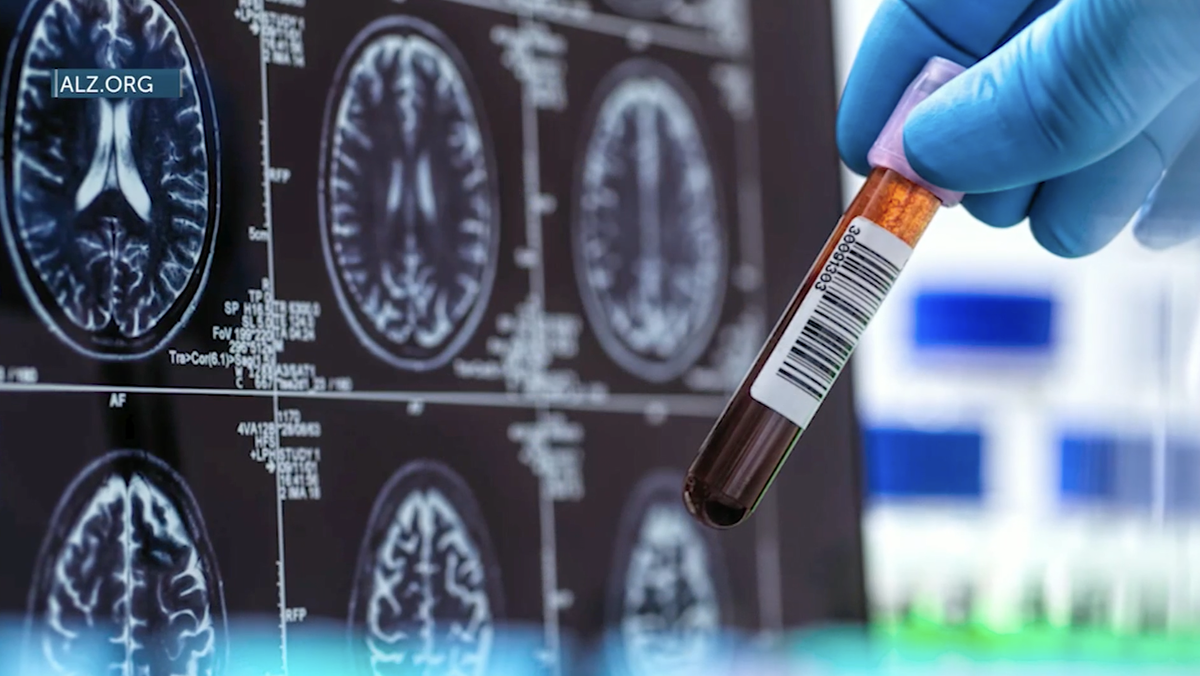Alzheimer’s Awareness Month: local neurologist highlights early Alzheimer’s symptoms and new diagnostic tools

Lynsey Harris
BEND, Ore. (IKTVZ) — June is Alzheimer’s Awareness Month, and each week, we’re sharing stories and resources to help families better understand this disease. In our third conversation with a local neurologist, we’re focusing on how Alzheimer’s is diagnosed — and the early warning signs families should never ignore.
Dr. Gregory Ferenz, a Bend-based neurologist, says while some forgetfulness is expected as we age — like misplacing glasses or walking into a room and forgetting why — Alzheimer’s involves more serious memory disruptions.
“In early Alzheimer’s, you may notice a loved one forgetting recent conversations or repeating the same questions,” Dr. Ferenz explains. “People may lose their ability to hold fluent conversations, withdraw from social situations, or even lose track of familiar places like a grocery store parking lot.”
He adds that some of the earliest red flags are often emotional or behavioral. “Depression, anxiety, and irritability can all be early signs. These mood shifts are easy to overlook but important to recognize.”
If you suspect something may be wrong, Dr. Ferenz says the first step is to talk to your primary care doctor. “Even though 97% of primary care doctors believe memory screenings are important, they often don’t have time to do one unless it’s brought up by the patient or a family member,” he notes.
There is new hope in diagnosing Alzheimer’s earlier than ever. Just this week, the FDA approved a simple blood test to detect Alzheimer’s pathology — a major step forward. Until now, the main tools for diagnosis included an amyloid PET scan or lumbar puncture, both more invasive and less accessible.
“With this new blood test, we can potentially identify the disease years before dementia symptoms appear,” Dr. Ferenz says. “The earlier we detect it, the more we can do.”